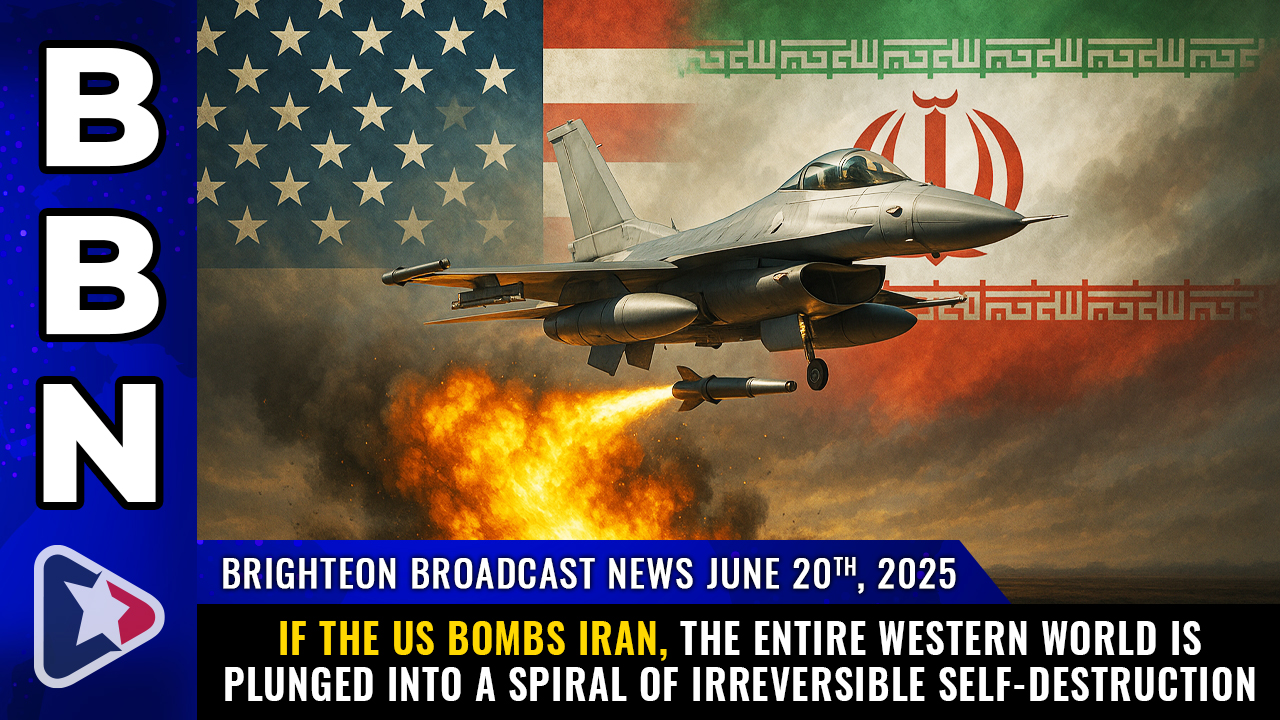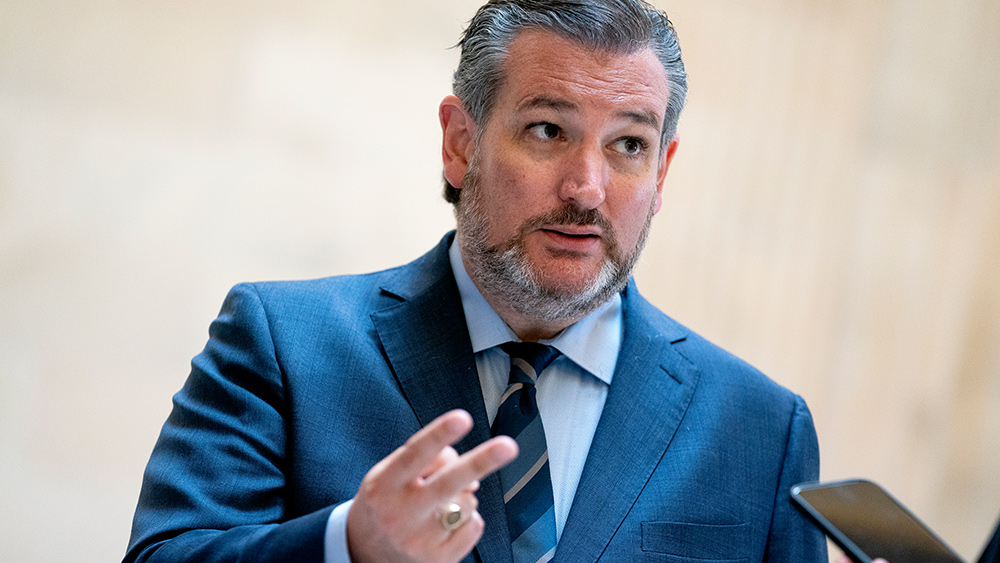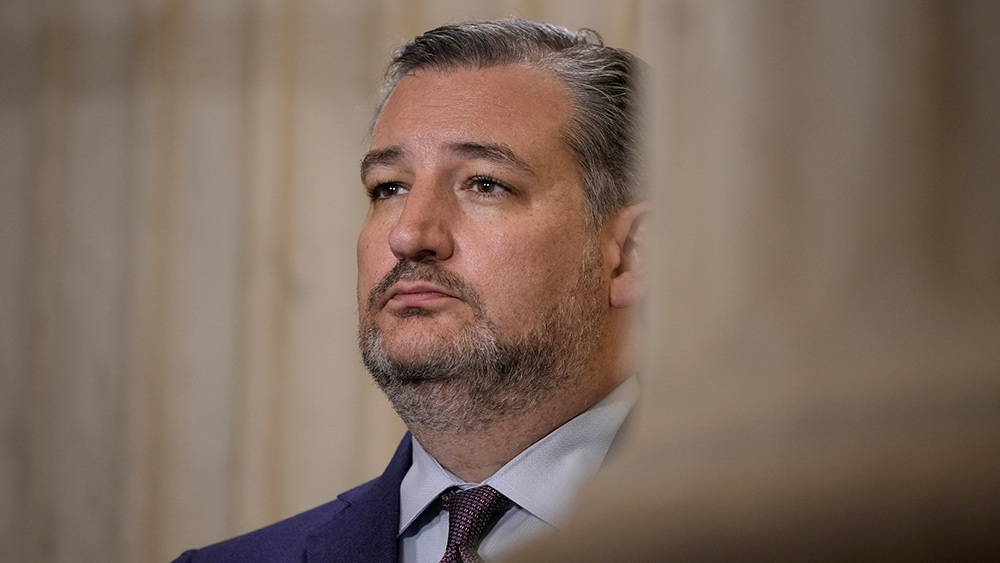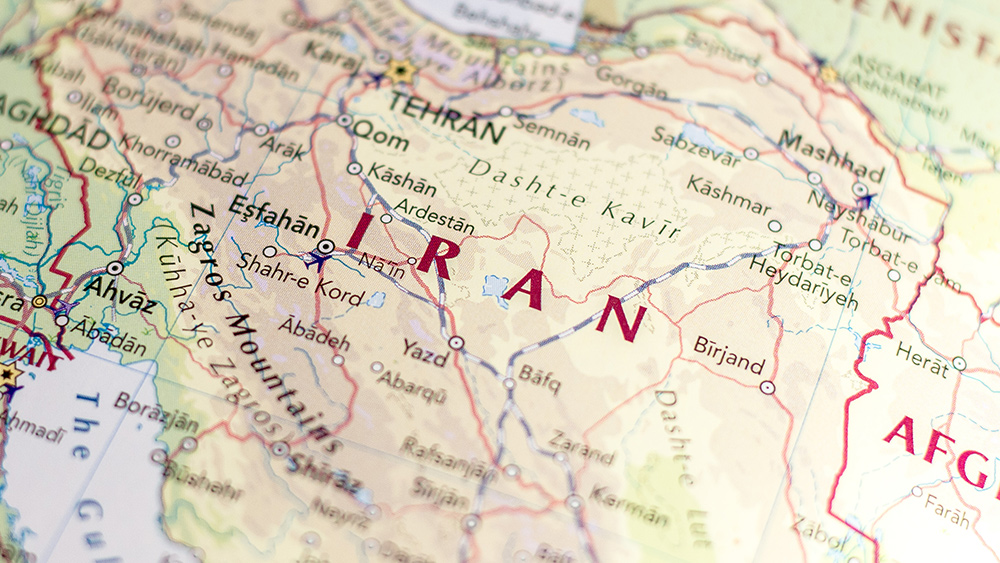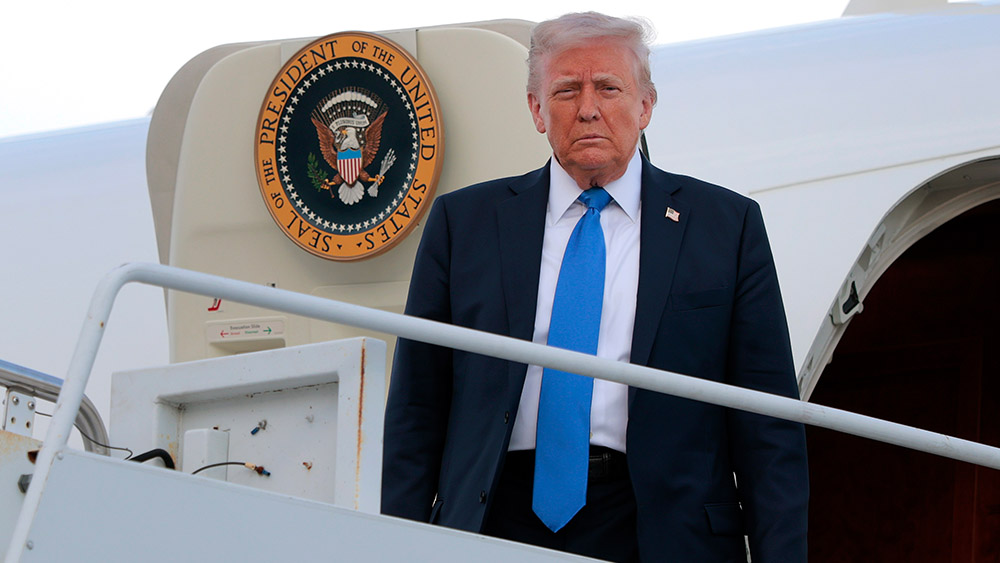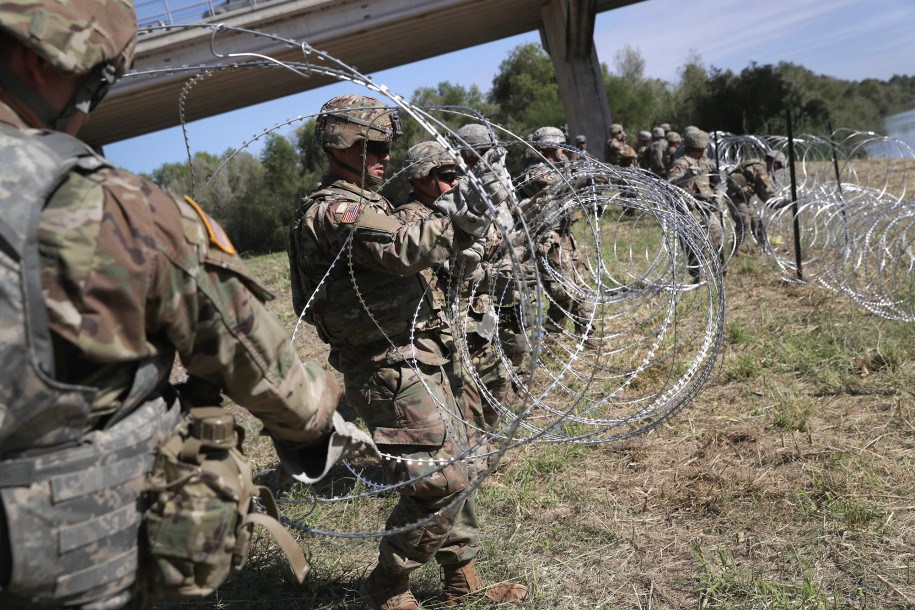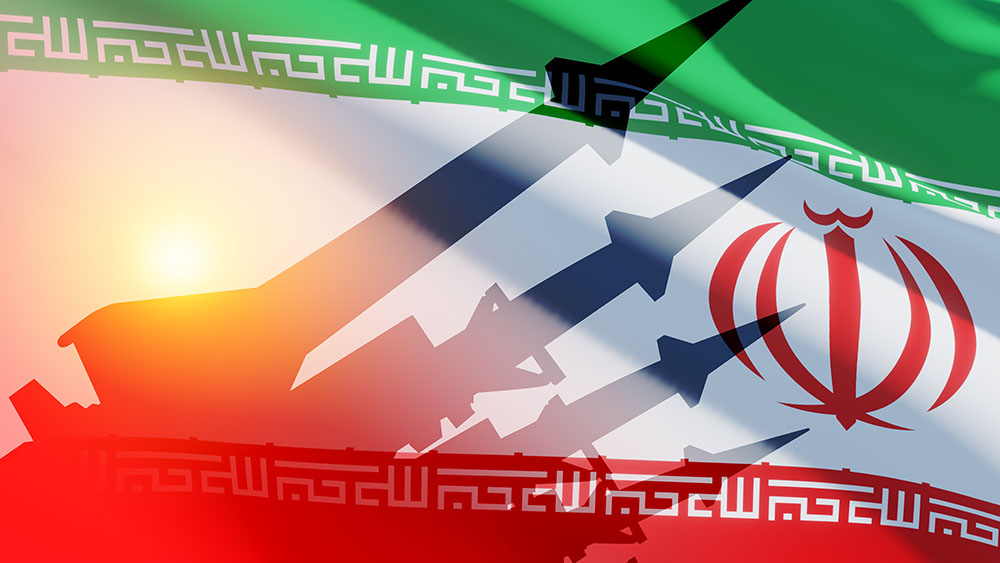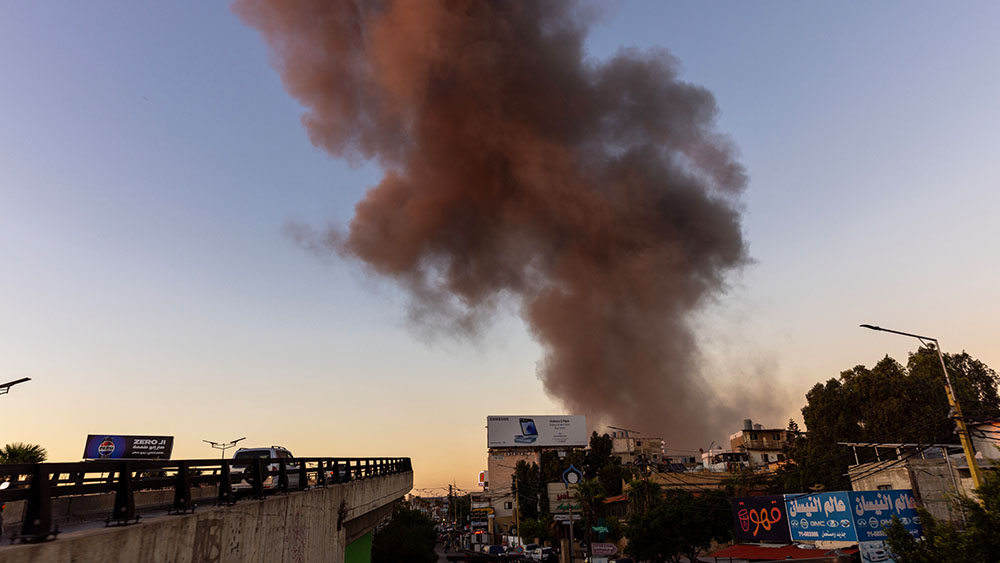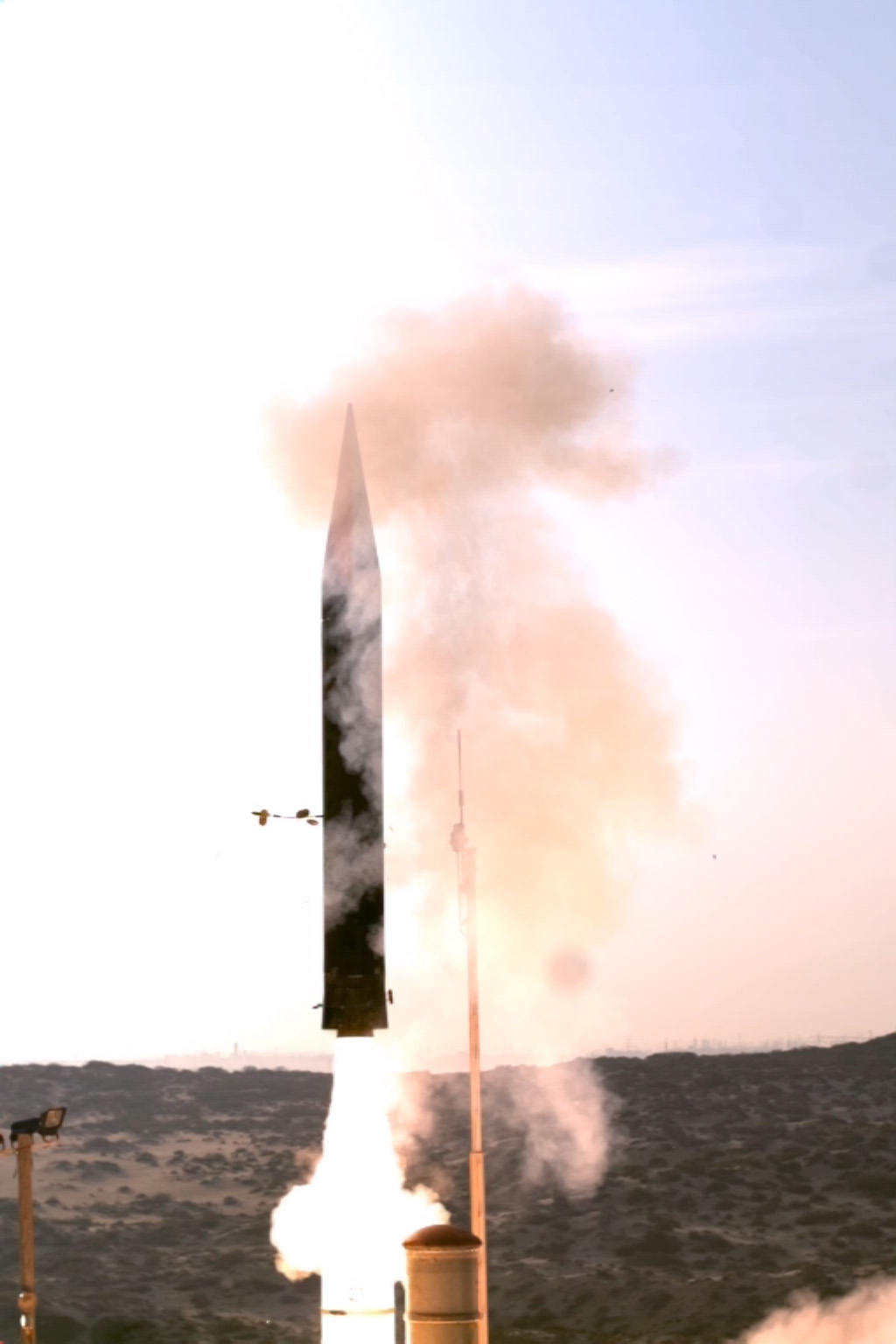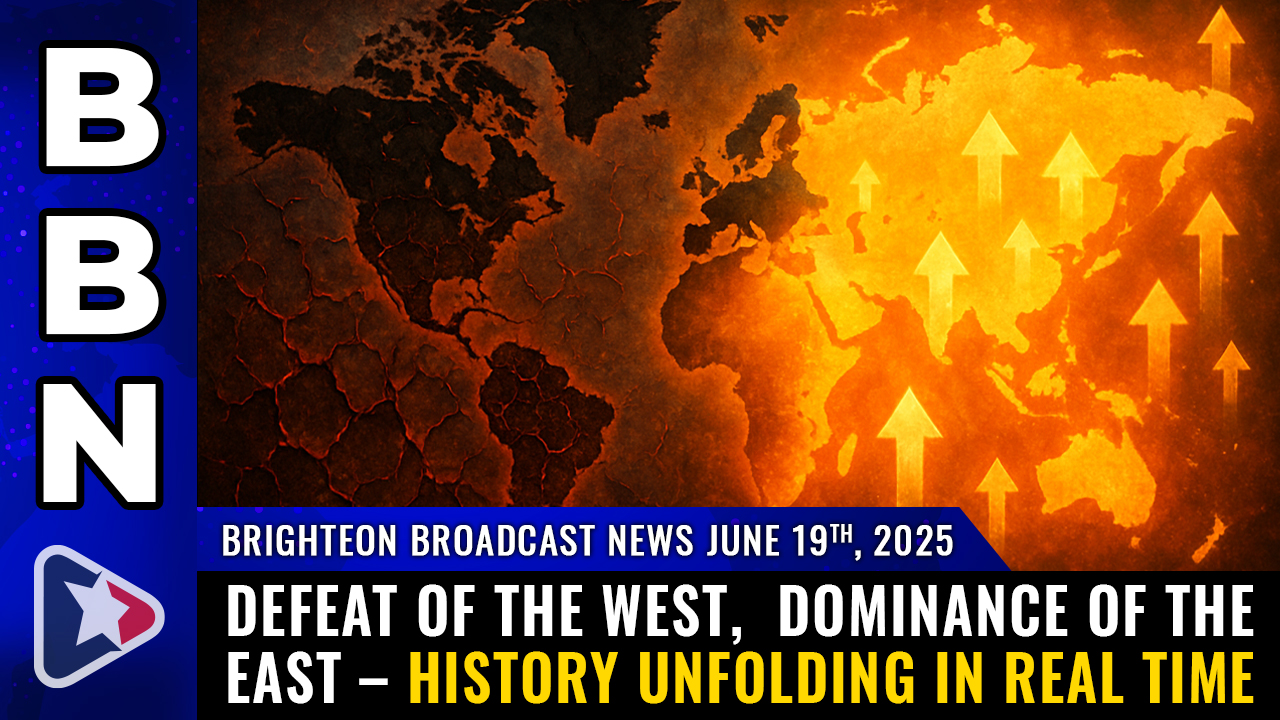Israel launches devastating strikes on Iran, targeting nuclear sites and killing top commanders
06/17/2025 / By Kevin Hughes
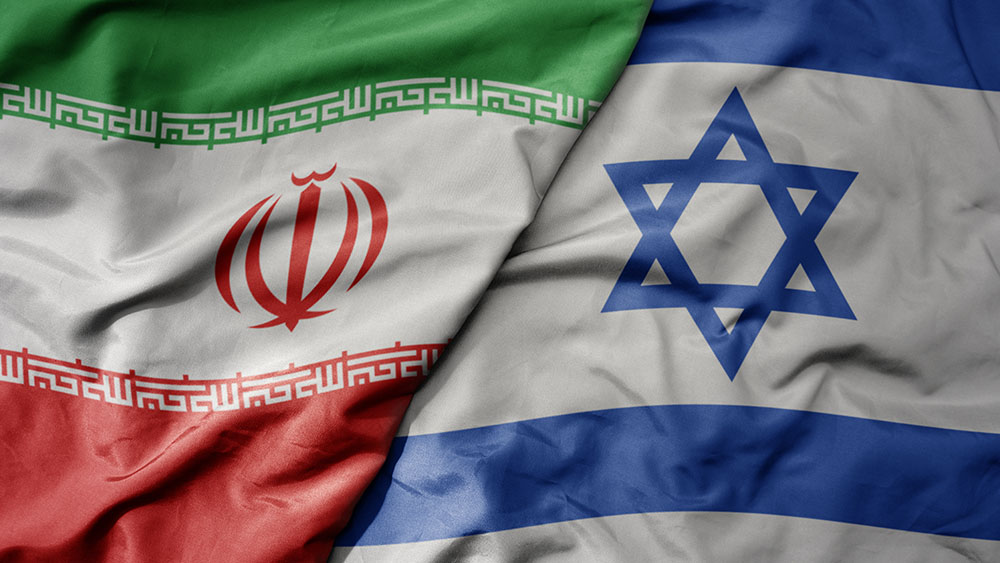
- Israel conducted major airstrikes deep inside Iran, killing high-ranking IRGC commanders (including its chief) and targeting nuclear facilities like Natanz. Netanyahu called it a “decisive moment” to dismantle Iran’s nuclear and missile programs.
- Ayatollah Khamenei warned of “harsh punishment,” and Iranian military officials threatened severe retaliation, possibly involving large-scale missile and drone attacks.
- The U.S. stated Israel acted alone in self-defense but expressed concern over escalating tensions, with warnings of potential Iranian retaliation against American interests.
- Oil prices surged past $100/barrel, and airspace closures occurred in Israel, Iran, and Iraq. U.S. lawmakers were divided, with some calling the strikes reckless and others supportive.
- Analysts fear prolonged escalation, with Iran’s proxies (like Hezbollah) potentially joining the conflict, pushing the Middle East toward its most dangerous confrontation in decades.
A series of unprecedented Israeli airstrikes struck deep inside Iran, killing multiple high-ranking military leaders including the commander of the Islamic Revolutionary Guard Corps (IRGC).
The attacks also targeted key nuclear facilities, marking a dramatic escalation in the long-simmering conflict between Tel Aviv and Tehran. Despite Israeli Prime Minister Benjamin Netanyahu calling the strikes a “decisive moment,” they have inadvertently raised fears of an all-out regional war.
According to Iranian state media, explosions rocked Tehran and several other cities. Israeli forces targeted military installations, nuclear facilities and residential buildings housing senior Iranian officials. Among the most significant strikes was the destruction of Iran’s primary uranium enrichment facility in Natanz, a critical site in Tehran’s nuclear program.
Reports said Maj. Gen. Hossein Salami, the IRGC’s commander-in-chief, was killed in the attack, alongside at least three other senior military leaders. Israel confirmed the operation, codenamed “Operation Rising Lion,” with Netanyahu stating the strikes were aimed at dismantling Iran’s nuclear and ballistic missile capabilities.
“We struck at the heart of Iran’s nuclear enrichment program,” he declared in a televised address. “The attacks will continue for as many days as necessary until the threat is removed.”
Iran’s Supreme Leader Ayatollah Ali Khamenei issued a stark warning, declaring that Israel “should anticipate a harsh punishment” for the attacks. Brig. Gen. Abolfazl Shekarchi, a spokesperson for Iran’s armed forces, echoed the threat, stating that both Israel and the U.S. would “pay a heavy price.”
Iranian officials have not yet disclosed their next steps, but military analysts anticipate a large-scale retaliatory strike involving drones and ballistic missiles. The IRGC, which controls Iran’s missile arsenal, has previously demonstrated its ability to launch attacks from underground silos and hidden bases.
U.S. denies involvement, urges restraint
The Trump administration swiftly distanced itself from the operation, with U.S. Secretary of State Marco Rubio stating that Israel acted unilaterally in self-defense. (Related: Netanyahu’s Iran attack plan rejected by Trump amid Gaza backlash.)
“We are not involved in strikes against Iran,” Rubio said, adding that Washington’s priority was protecting American personnel in the region. Despite the denial, tensions remain high.
White House envoy Steve Witkoff reportedly warned Senate Republicans that Iran could retaliate with overwhelming force if its nuclear sites were attacked – a scenario now unfolding.
The immediate aftermath of the strikes saw global oil prices spike by more than 12 percent, with Brent crude surpassing $100 per barrel amid fears of supply disruptions. Both Israel and Iran closed their airspace, while neighboring Iraq also suspended flights as a precaution.
Meanwhile, reactions from U.S. lawmakers were mixed. Sen. Jack Reed (D-RI), ranking member of the Senate Armed Services Committee, condemned Israel’s actions as a “reckless escalation.” Meanwhile, Sen. Lindsey Graham (R-SC) tweeted simply: “Game on.”
The assassination of Iran’s top military leadership including figures overseeing nuclear negotiations has dealt a severe blow to Tehran’s strategic operations. Analysts warn that Iran’s response could trigger a prolonged cycle of attacks, potentially drawing in Hezbollah, Hamas and other regional proxies.
With Netanyahu vowing to continue strikes until Iran’s nuclear threat is neutralized and the ayatollah promising vengeance, the Middle East stands on the brink of its most dangerous confrontation in decades. The coming hours will determine whether diplomacy can avert a full-scale war or if the region is destined for a devastating conflict with global repercussions.
Watch Iranian Foreign Minister Abbas Araghchi saying that Iran won’t stop its uranium enrichment in this clip.
This video is from the Cynthia’s Pursuit of Truth channel on Brighteon.com.
More related stories:
War hawks push Trump toward war with Iran as Netanyahu’s shadow looms over White House.
Iran calls ballistic missile attack response on Israel “legal, rational and legitimate”.
Iran warns Israel: Nuclear doctrine may shift if its nuclear facilities are attacked.
Sources include:
Submit a correction >>
Tagged Under:
Abolfazl Shekarchi, Ayatollah Ali Khamenei, Benjamin Netanyahu, Brent crude, chaos, Collapse, Dangerous, Hamas, Hezbollah, Hossein Salami, Iran, IRGC, Israel, Marco Rubio, Middle East, Natanz, oil prices, Republicans, Steve Witkoff, Tehran, US, violence, White House, WWIII
This article may contain statements that reflect the opinion of the author
RECENT NEWS & ARTICLES
COPYRIGHT © 2017 NATIONAL SECURITY NEWS




